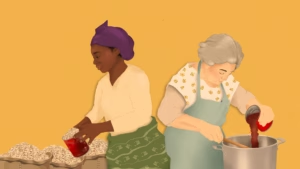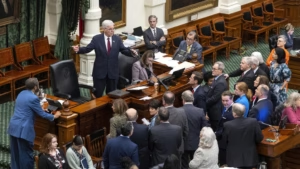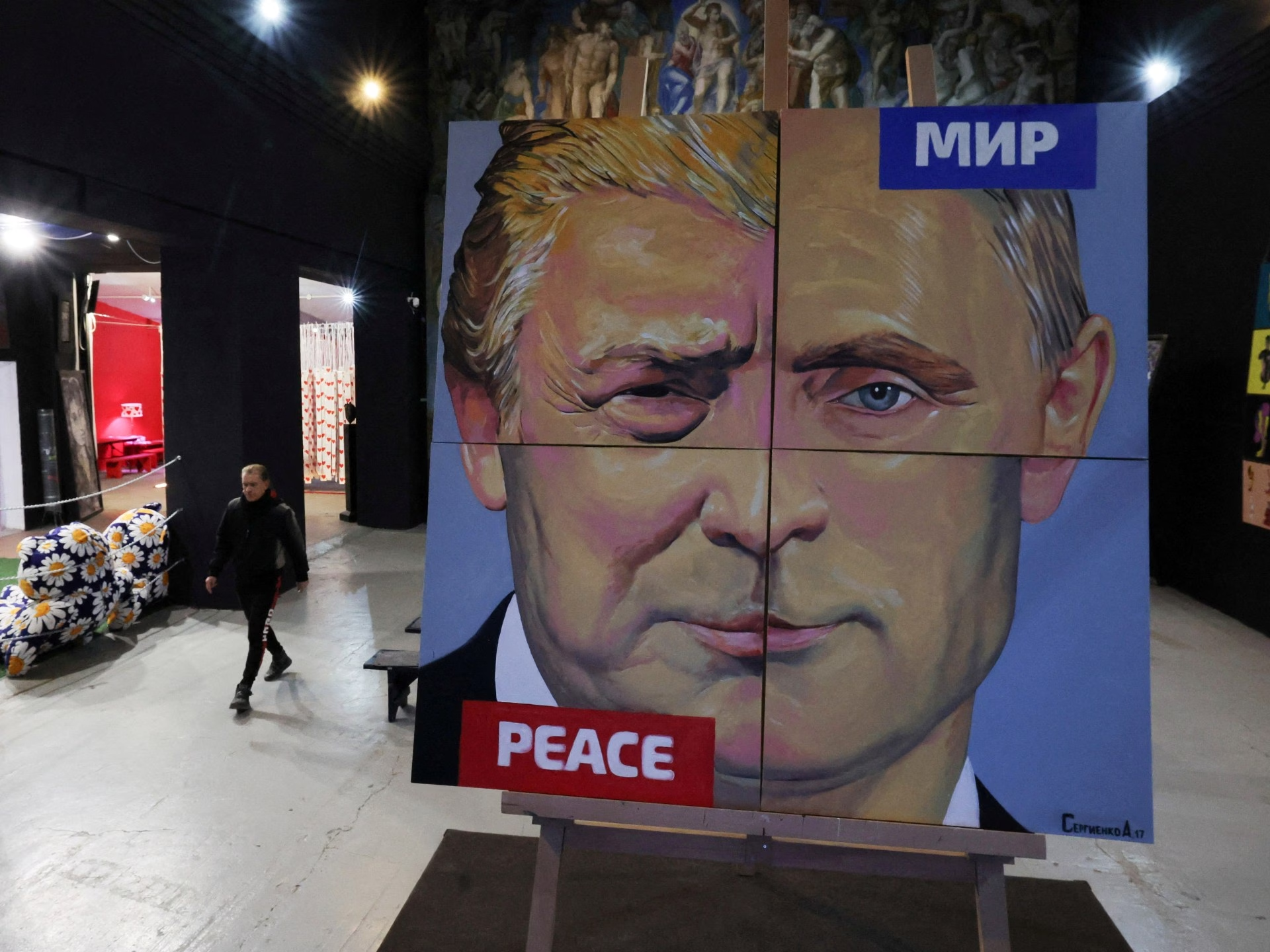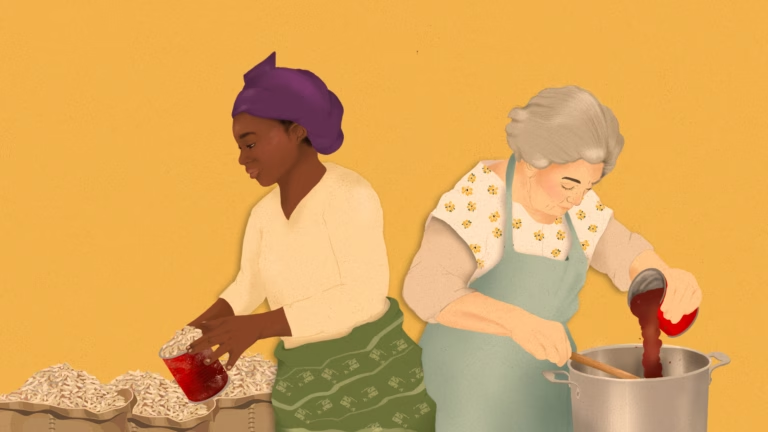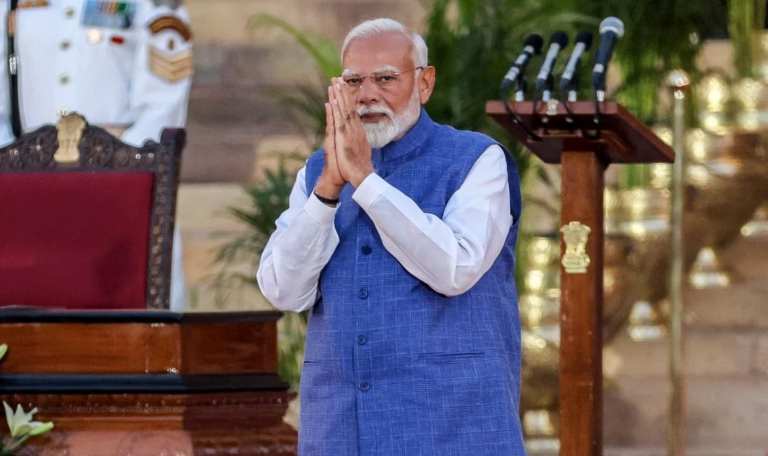In “To Run the World: The Kremlin’s Cold War Bid for Global Power,” Russian-British historian Sergey Radchenko explores these ambitions and discusses Moscow’s quest for legitimacy on the world stage and its role in Russia’s invasion of Ukraine with Al Jazeera.
Al Jazeera: Considering the tension between Moscow and the West, are we experiencing another Cold War?
Sergey Radchenko: The original Cold War was a rivalry between two powers, the Soviet Union and the United States. Today, the comparable competition is between the United States and China, not Russia, as Russia does not hold the same status as China and the United States. Unlike the Cold War, where there was a clear contrast between the capitalist and socialist worlds, there seems to be some alignment rather than a contradiction of values between the United States, under President [Donald] Trump, and Russia. A key continuity from the Cold War, however, remains the presence of nuclear weapons.
Al Jazeera: How significant is the desire for recognition in driving the Kremlin’s politics?
Radchenko: The pursuit of recognition has remained a primary continuity between the Cold War and the post-Cold War eras. The legacies of the Soviet Union, China, and Russia today are largely driven by the desire to be recognized as legitimate Great Powers. This was evident during the Soviet Cold War, as they sought to be seen as co-equal to the United States, finding legitimacy through this recognition and sometimes compromising to achieve it.

Stalin himself valued lesser gains with American recognition over greater gains without it. This need for external recognition, particularly from the United States, carried over into Russian foreign policy. Vladimir Putin’s fixation on American recognition of Russian gains in Ukraine exemplifies this drive for Great Power status.
Al Jazeera: What does this Great Power worldview entail?
Radchenko: It’s a 19th-century perspective, envisioning Russia as a Great Power at the heart of its sphere of influence, exercising power over its neighbors. Soviet leaders perceived countries adjacent to the Soviet Union as falling within their zone of influence, following a vision of imperial might reminiscent of the 19th century. This entitlement stems from a belief in natural superiority and a right to leadership within the socialist camp.
Putin follows this tradition, resorting to violence to assert Russia’s claim to greatness when it feels this status is denied. Countries within the sphere of influence are expected to defer to the Kremlin’s wishes, and punishment is meted out to those that refuse, as is the case with Ukraine.
On a global level, if Russia is entitled to its sphere of influence, other Great Powers should be too. Here, Putin’s philosophy parallels that of Trump, who views the Western Hemisphere as America’s sphere of influence. During the Cold War, any challenge to U.S. global interests was seen as significant, whether in Vietnam, Afghanistan, or Africa. Today, American interests seem more regional than global.
Al Jazeera: How can one differentiate between Great Powers and lesser nations?
Radchenko: Recognition by other Great Powers is, in a way, how Great Powers are distinguished from lesser nations. The United States recognized China’s status as a Great Power. However, they formed a negative view of many European nations post-WWII, perceiving them as a spent force. Despite this, there continues to be a belief, particularly in Russia, of an “Anglo-Saxon” plot to elevate the UK to Great Power status.
Al Jazeera: Why not focus on improving Russians’ lives instead of pursuing Great Power status?
Radchenko: A nation traditionally defined by its dominance over weaker neighbors equates greatness with this capacity for dominance. Improvement of the quality of life seems to take a backseat to maintaining this image of imperial greatness that many Russians value above all else. While this approach has led to better resilience than the Soviet model, it has also meant that, at times, other pressing internal issues are overlooked.
Editor’s note: This interview has been lightly edited for clarity and brevity.
